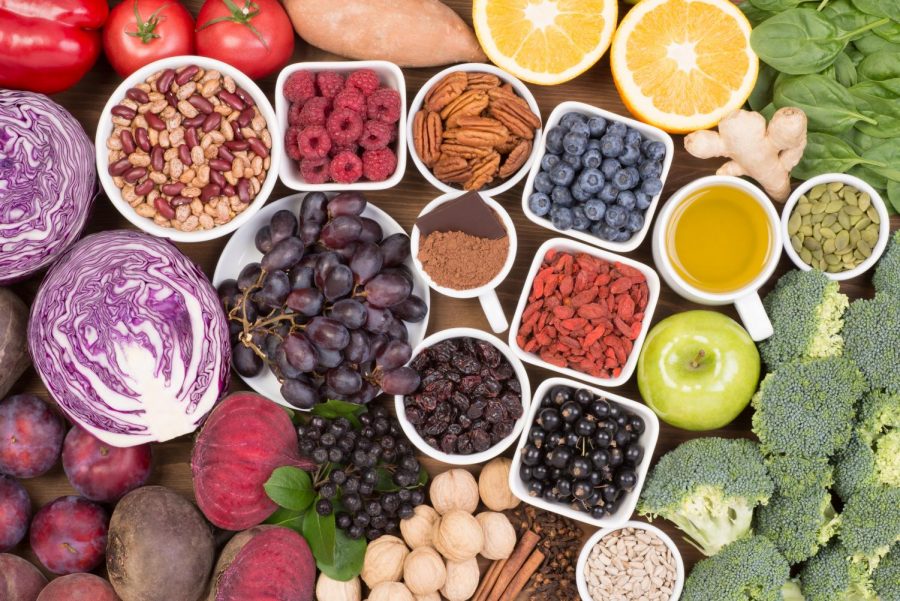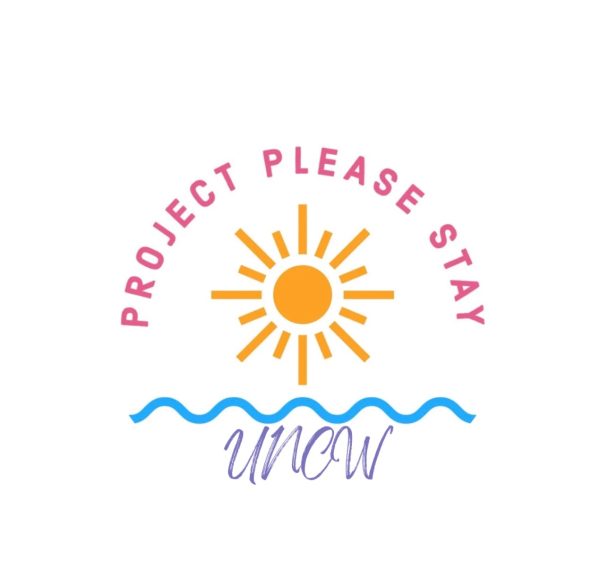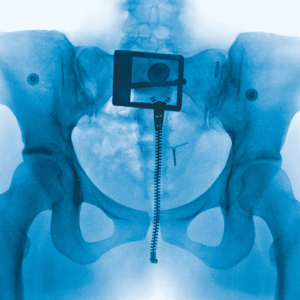Learning to live: ‘In Defense of Food’
The DASH eating plan has been confirmed to lower blood pressure…and not just by cutting back on salt. It features vegetables, fruits, whole grains, low fat dairy foods, fish, poultry, beans, nuts and vegetable oils. (Dreamstime/TNS)
On March 26, 2019, UNC Wilmington hosted a shortened version of the documentary “In Defense of Food” in Lumina Theater. The documentary was created by Micheal Pollan, a US journalist who has worked at New York Times Magazine and Harper’s Magazine. In the documentary, Pollan discusses the shifts in the food industry that silently affect the everyday lives of the American population.
Through the documentary, Pollen explored the transformation of food from necessity to prize. With the invention of industry and the transformation of the normal citizen into a “consumer,” the process of buying and selling food has become a sport. Who can provide the most “healthy” while still addicting consumers is the highest tier the industry can reach.
The documentary, which was released in 2015 and is now streaming on Netflix in its entirety, was based on a book of the same name, “In Defense of Food: An Eater’s Manifesto.” The book was released in April 2008 and covered much of the same subject matter.
The importance of food myths is of special relevance in younger generations who have been exposed to this environment for most, if not all, of their lives. A major concern on campus is finding how to be healthy when the only fruits and vegetables offered may seem unappealing.
So, after four years since the release of the documentary and 11 years after the release of the book, what can students at UNCW learn from them? Broken down below are seven main ideas from the documentary and how to put them into action:
1. Do not be scared by “blessed” versus “evil” nutrients.
A lot of what the documentary wants to convey is that the food industry will always try to sway customers into eating easily produced food, which normally means food that is packaged. This can be the worst kinds of food to eat and one that students are more likely to grab. Do not be scared out of eating fats, proteins or carbs. Just learn more about which ones are good and eat them in moderation. For example, saturated fats and trans fats are the least healthy kind of fats, while monounsaturated and polyunsaturated fats are considered “good.”
2. Eat plants first.
Eating plants first and eating a larger plethora of plants will be better in the long run for people, rather than loading up on carbohydrates. For students, this can mean trying to find a Teal Meal that has veggies or fruit in it rather than chips or bread. It can often be harder for students to want to pick up vegetables at first, so they can try fruits first and work vegetables in as they start to shift towards plant foods.
3. Meat is not evil, but eat it in moderation.
A large part of the documentary covered the health risks associated with eating large amounts of red meats and how the meat industry has tried to cover up the health risks associated with this consumption. Pollan wanted to stress, however, that eating meat is not forbidden, it is just best in moderation, much like fats and carbohydrates.
4. You can grow your own food.
If you have no idea what certain plants are and where to get them, look up how to grow them. A cool project that was shown in the documentary was a group that worked with hydroponics in inner cities. They grow plants in places that have limited resources. So, students do not need a garden to grow their own food.
5. Your microbiome is important. Eat fiber.
There are a lot of good reasons to eat more fiber as touched on by the documentary. According to the Mayo Clinic, eating fiber lowers cholesterol, controls blood sugar, and can reduce cardiovascular disease. Fiber can come from many sources, but mainly fruit, veggies, whole-grain (wheat) and beans are good sources. They help maintain the gut biome every human has that helps with digestion and bowel movements as well.
6. Trick yourself into eating less.
Many people overeat because they do not listen to cues from their bodies and rely on external factors, such as plate size, to tell them how much to eat. Reducing the size of a cup or plate can actually trick the mind into wanting less food. This method is shown in the documentary through studies that caused people to grab smaller plates.
7. Make water your beverage of choice.
According to the Rady’s Children Hospital of San Diego, “Drinking a 20-ounce (oz) bottle of soda every day can lead to about 25 extra pounds of weight gain a year.” Replacing sodas and sweet teas with water is not difficult on campus. A water bottle can be refilled for free in almost every building on campus, and a water bottle from Starbucks on campus costs approximately three dollars. This not only saves you weight gain and cardiovascular health, but also money in the long run.











